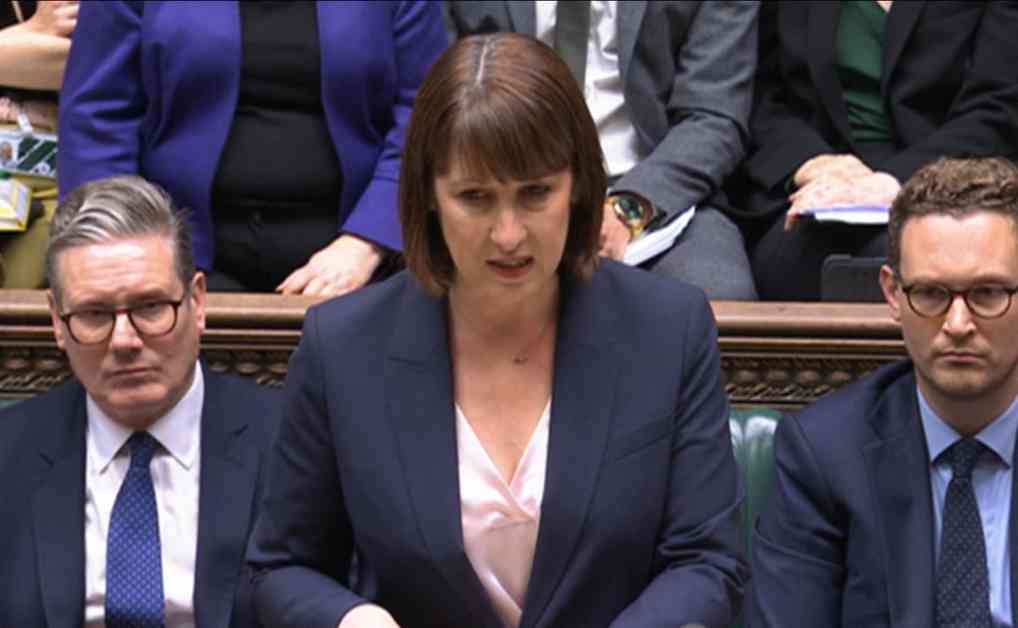Chancellor Rachel Reeves recently addressed Parliament, revealing a £22 billion black hole in public finances and accusing the Tories of concealing the extent of the issues. She outlined immediate actions to tackle the problems identified by an audit conducted by Labour. These actions included the cancellation or postponement of major infrastructure projects, restrictions on winter fuel payments, and the necessity of tough decisions regarding taxes in the upcoming budget on October 30th.
Reeves emphasized the need to address the inherited overspend of £22 billion and outlined plans to recover £5.5 billion this year and £8 billion next year. The first budget under the new government is set for October 30th and will involve challenging decisions to meet Labour’s fiscal rules. However, Reeves ruled out increasing income tax, national insurance, or VAT, as promised in the Labour manifesto. Measures to close tax loopholes, combat tax avoidance, and potentially revise capital gains and inheritance tax were also mentioned.
A significant announcement was the scrapping of universal winter fuel payments, with only the poorest pensioners eligible to receive them. Additionally, Reeves canceled Rishi Sunak’s A-level reforms due to lack of funding, saving nearly £200 million. The controversial A303 Stonehenge project, which aimed to build a tunnel beneath the historic site, was also axed, citing concerns about the landscape and archaeological value.
Reeves confirmed pay rises for public sector workers, including doctors and teachers, in line with recommendations from pay bodies. These pay increases will cost £9 billion this year, with government departments tasked with finding savings of at least £3 billion to fund them. Measures to cut non-essential spending on consultancy and communications were also mentioned.
In addition to these announcements, a new watchdog will be established to ensure government spending delivers value for money. Reeves also confirmed a Covid anti-corruption probe to recover funds lost to fraud during the pandemic. These initiatives reflect the government’s commitment to addressing financial challenges and improving accountability in public spending.












